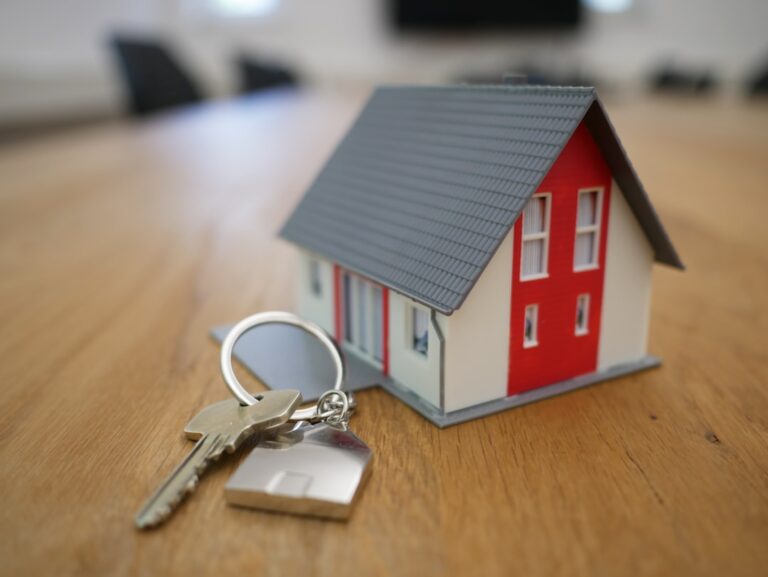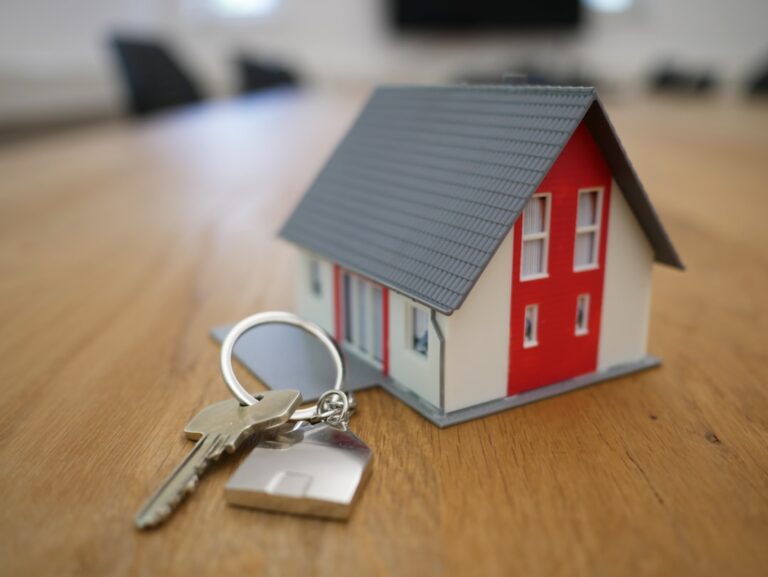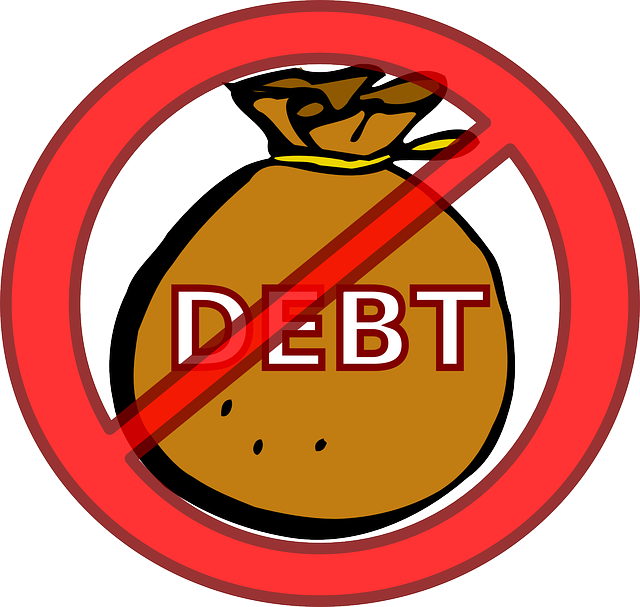Homeowner consolidation loans offer a strategic solution for managing multiple unsecured debts, especially credit card debt, by converting them into a single fixed-rate loan secured by home equity. This method provides lower interest rates, simplified payments, and improved financial management. However, it's crucial to understand the risks, as missed payments can lead to foreclosure. Before applying, individuals should assess their income, existing debts, and cash flow; consider alternative debt consolidation options like non-home-equity credit card consolidation loans and budgeting strategies; and ensure this method aligns with their financial capabilities without compromising essential payments.
Homeowner consolidation loans offer an enticing solution for managing credit card debt. By securing your home, you can potentially reduce interest rates and simplify payments. This article delves into the intricacies of these loans, covering everything from understanding the concept to evaluating your financial situation. We explore the benefits of consolidating credit card debt with a home loan, as well as potential drawbacks and risks. Additionally, we provide alternative solutions to consider before taking the plunge.
- Understanding Homeowner Consolidation Loans
- How Homeowner Consolidation Works
- Benefits of Consolidating Credit Card Debt with a Home Loan
- Potential Drawbacks and Risks
- Evaluating Your Financial Situation Before Applying
- Alternative Solutions to Consider
Understanding Homeowner Consolidation Loans

Homeowner consolidation loans offer a unique opportunity for individuals struggling with multiple debts, especially credit card debt. This type of loan allows borrowers to bundle various unsecured debts into one fixed-rate loan secured by their home equity. By consolidating credit card debt, homeowners can potentially lower their interest rates, reduce monthly payments, and simplify their financial obligations. It’s a strategic move that provides relief from the pressure of managing multiple creditors and repayment schedules.
These loans are ideal for those who want to streamline their finances without facing the stringent requirements of traditional personal loans. With home equity as collateral, homeowners can access larger loan amounts, making it an attractive option for substantial debt consolidation. However, it’s crucial to understand the implications; failure to make payments can lead to foreclosure, as the loan is secured against the property. Therefore, thorough financial planning and discipline are essential before considering a homeowner consolidation loan as a viable solution for consolidating credit card debt.
How Homeowner Consolidation Works

Homeowner consolidation loans offer a unique opportunity for individuals burdened with multiple high-interest debts, particularly credit card debt. The process involves using your home equity to secure a single loan that consolidates all outstanding debts into one manageable payment. This strategy can significantly reduce monthly payments and the overall interest paid over time.
By consolidating credit card debt through a homeowner loan, borrowers benefit from a fixed interest rate, which provides stability and can save money compared to variable rates on credit cards. It streamlines repayment by combining multiple debts into one, making it easier to stay on track with payments. This method can also help improve credit scores over time as timely loan repayments demonstrate responsible financial management.
Benefits of Consolidating Credit Card Debt with a Home Loan

Consolidating credit card debt with a home loan can be a strategic financial move for homeowners looking to simplify their payments and potentially reduce interest rates. This approach offers several advantages, especially for those burdened by multiple high-interest credit card balances. By combining these debts into a single mortgage payment, borrowers can say goodbye to the hassle of managing numerous credit cards and their varying due dates.
Moreover, home loans typically offer lower interest rates compared to credit cards, which can lead to significant savings over time. With consolidated debt, homeowners may experience a more manageable monthly cash flow, allowing them to budget effectively. This method can also improve credit scores as timely loan repayments contribute positively to an individual’s credit history.
Potential Drawbacks and Risks

While consolidating credit card debt through a homeowner loan can offer significant benefits, there are potential drawbacks and risks to consider. One major concern is the risk of falling into a cycle of debt if not managed properly. Homeowner loans often have lower interest rates than credit cards, enticing borrowers to spend more. If the borrower struggles to keep up with repayments, they could find themselves in a more complex financial situation, with both their home and personal debts at risk.
Another risk is tied to the value of the borrower’s home. These loans are secured against property, meaning if the borrower defaults, the lender can seize and sell the home. This puts homeowners at risk of foreclosure, especially if interest rates rise or their financial situation changes unexpectedly. It’s crucial for borrowers to ensure they understand the repayment terms and have a solid plan to manage their debt, as consolidating credit card debt in this way requires significant responsibility and discipline.
Evaluating Your Financial Situation Before Applying

Before applying for a homeowner consolidation loan, it’s crucial to evaluate your current financial situation. This involves assessing your income, existing debts, and overall cash flow. If you have significant credit card debt that you’re struggling to manage, consolidating can help simplify payments and potentially reduce interest rates. Start by calculating your monthly expenses, including rent or mortgage, utilities, groceries, transportation, and entertainment. Then, list all your debts, prioritizing those with the highest interest rates, which are often credit cards.
This analysis will give you a clear picture of your financial landscape. If consolidating your credit card debt is feasible, it could be a strategic move to gain better control over your finances. However, ensure that any new loan doesn’t put you at risk of overextending yourself or compromising your ability to make essential payments.
Alternative Solutions to Consider

Before diving into a Homeowner Consolidation Loan, it’s crucial to explore alternative solutions for managing your debt. One popular option is to Consolidate Credit Card Debt through non-home-equity methods. Many financial institutions offer credit card consolidation loans with lower interest rates, allowing you to pay off multiple cards with a single, more manageable payment. This approach can save on interest costs and simplify your finances without putting your home at risk.
Additionally, budgeting strategies such as the debt snowball or avalanche method can help reduce debt quickly. The debt snowball focuses on paying off the smallest balances first, while the avalanche targets high-interest debts first. You might also consider increasing income through side gigs or cutting unnecessary expenses to free up funds for debt repayment. These alternatives deserve serious consideration before committing to a homeowner consolidation loan.
Homeowner consolidation loans can be a powerful tool for managing debt, offering both benefits like lower monthly payments and risks such as increased home equity requirements. Before diving in, carefully evaluate your financial situation, weigh these pros and cons, and consider alternative solutions like debt management plans or credit counseling to ensure you make the best decision for your unique circumstances. In terms of consolidating credit card debt, understanding the potential drawbacks and having a robust financial plan are key to making an informed choice.
